Position Paper Overview
Writing a well-researched and substantive Position Paper is the best way to prepare for any Model United Nations conference. Through the position paper your delegation will express its ideas and policies by defining your nation-state’s perspective on the issues at hand. Moreover, it is the means by which you bring all of your research together in a logical and succinct form.
At BMUN, we encourage our chairs to take on a mentor role in guiding delegates in their preparation for the conference in addition to chairing on the day of. This is why we have integrated position papers into our process. All position papers will not only be assessed as part of a delegate’s performance, they will also be returned in the week prior to the conference with feedback to allow delegates to fine-tune their research.
BMUN has a great variety of committees. Therefore, there is no singular Position Paper structure. While this section will outline the general guide for position papers, it is advised that delegates check their committee’s page in case there are more specific assignments for their committee.
Overview
After breaking it down, your Position Paper should flow smoothly. In the end it should come to 3 pages per topic. What you should aim for however is quality not quantity.
Overall, your Position Paper should exhibit the following:
Comprehensive understanding of the situation
An organized and argumentative structure
Original thinking that follows with the policy of the represented state
An attitude of seriousness to the issues in question
The Position Paper, ultimately, is your opportunity to develop a deep understanding of the issues presented in the committee, and thus will go a long way in preparing you for direct interaction and debate with other delegates.
REQUIREMENTS
One position paper is due per delegation for each topic on the committee agenda, whether the country has been assigned to a single delegate or a pair of delegates. On each submission delegates should use only their committee, country, and topic for identification purposes. Personal and school names are not allowed for the purposes of blind grading.
There are four required sections in the position paper, delegates have to identify each section they are working on clearly, and any prompts or questions they are responding to, where relevant.
The four sections are:
Past and Current International Action ~2/3 page
Country’s Position ~2/3 page
Proposed Solutions ~1 1/4 page
Questions to Consider ~1/2 page
There is also a component reserved for chair’s discretion.
Refer to your individual committee’s position paper guidelines, located on each committee page, for specific rubrics and instructions.
Formatting and Submission
FORMAT
Please submit in .doc, .docx, or .pdf with 1 inch margins on all sides. Indicate in your header your committee, country, and topic, and please do not include your name or school name. Position papers should be Typed, 12 point Times New Roman Font, single-spaced at a 3 page maximum per topic; not including the bibliography. All citations should be done in the MLA format.
SUBMISSION
You should have been emailed information for an account at huxley.bmun.org, specifically a username and password. If you do not have these, ask your advisor to reset your password (make sure the correct email is entered). A link labeled 'Position Paper' will appear next to where it says 'Profile'. Clicking on this will switch you to a page where you can then upload your paper for grading.
Title your files Submission_Committee_Country
Position Papers are due on February 15th to be considered for the Research Award, and February 22nd to be considered for any committee award. (Any award received after February 15th and submitted before the February 22nd deadline will only be eligible for in-committee awards) Late submissions will not be considered, and submissions will be graded on a rolling basis. It is advised that delegates submit their position paper when they are done instead of waiting till 23:59 pm PST the day of the deadline to get it in, to avoid technical difficulties.
Plagiarism and Citations
All position papers will be extensively cross-referenced through various sources, both online and in-print. If there is any evidence of using the work of others without citations, the delegate(s) will not be eligible for an award. Any school that has multiple cases of plagiarism may be reconsidered for a School Delegation Award. It is the responsibility of the delegate and the advisor to ensure this does not happen.
Delegates must also remember to correctly cite sources, and papers without any cited sources will not be accepted. For more information on how to use in-text MLA citations, visit Purdue OWL.
